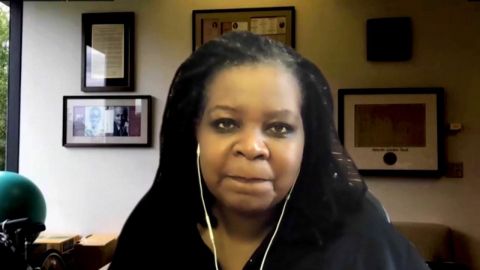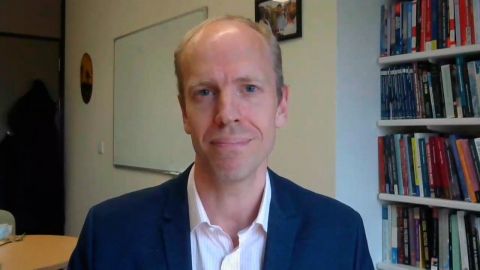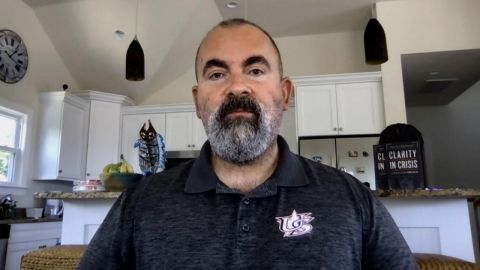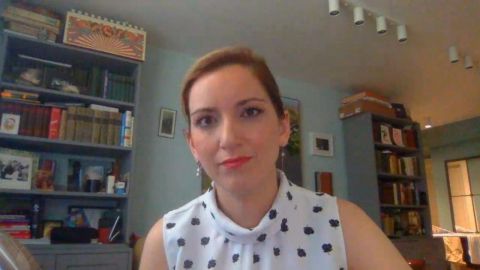Read Transcript EXPAND
ALEXANDER BETTS, AUTHOR, “THE WEALTH OF REFUGEES: HOW DISPLACED PEOPLE CAN BUILD ECONOMIES”: Well, first and foremost, protecting refugees is a humanitarian obligation. But we need to change the narrative from just thinking about these people as vulnerable victims to people with skills, talents, aspirations, people who can contribute to not only our broader societies, but our economies. Around the world refugees are consumers, producers, entrepreneurs, they’re employers, they’re borrowers, lenders, they’re the founders in our societies, and we see that in every part of the world. So, much of my work, I focus East Africa. And there is a real development contribution that refugees can make the host of societies when they’re given the opportunity and the right to work. Now, in the case of Germany, it was a challenge in the initial years. Many people arrive from a very different society and economy, notably the Syrian economy, and integrating into a high skilled, highly standardized economy like Germany was difficult. But the government took a decision. Angela Merkel decided it would invest in the human capital of those people, give them access to education, vocational training, insert them into the labor markets. And what we have seen is over time, Germany is reaping the rewards of that. Syrian refugees are integrating in Germany. And I think no one would pretend it’s been easy for Germany to admit well over a million refugees, but it’s managed and it’s recognizing now that there is that contribution despite some initial skepticism.
BIANNA GOLODRYGA: As you sit there in the U.K., I’m wondering just personally your reaction to the rise in nationalism that we’ve seen though from that flow of migrants and the refugees, in particular from Syria and perhaps even leading to Brexit. That seems to be counter to the whole argument you’re making.
BETTS: Well, it is a real challenge. We recognize that in 2016, in particular, there was a rise in populous nationalism across Europe, in the United States and around the world. Right-wing governments were elected in many places, there was increased support for anti-immigration votes and that partly builds on the aftermath of the 2015-2016 European Refugee Crisis, as it was known. And that did contribute to, for instance, Brexit in the U.K. So, what we’ve got to look for is sustainable refugee policies. Refugee policies that, yes, make refugee rights as an absolute obligation but also reconcile that with taking the public, the electorate, the voters with states and governments on that journey, and a key part of that is to say, well, absolutely have to admit asylum seekers and receptor (ph) refugees.
About This Episode EXPAND
Sunday is World Refugee Day, an international day designated by the United Nations to honor refugees around the world.
LEARN MORE



